
Ghostwriter/Consultant | Scaling info products for Founders and CEOs on 𝕏 | 26M+ views in 7 days. Sharing my best frameworks daily.
4 subscribers
How to get URL link on X (Twitter) App

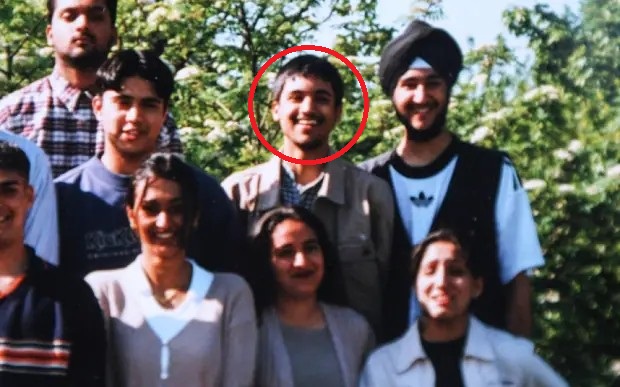

 Navinder Sarao didn't start out rich.
Navinder Sarao didn't start out rich.
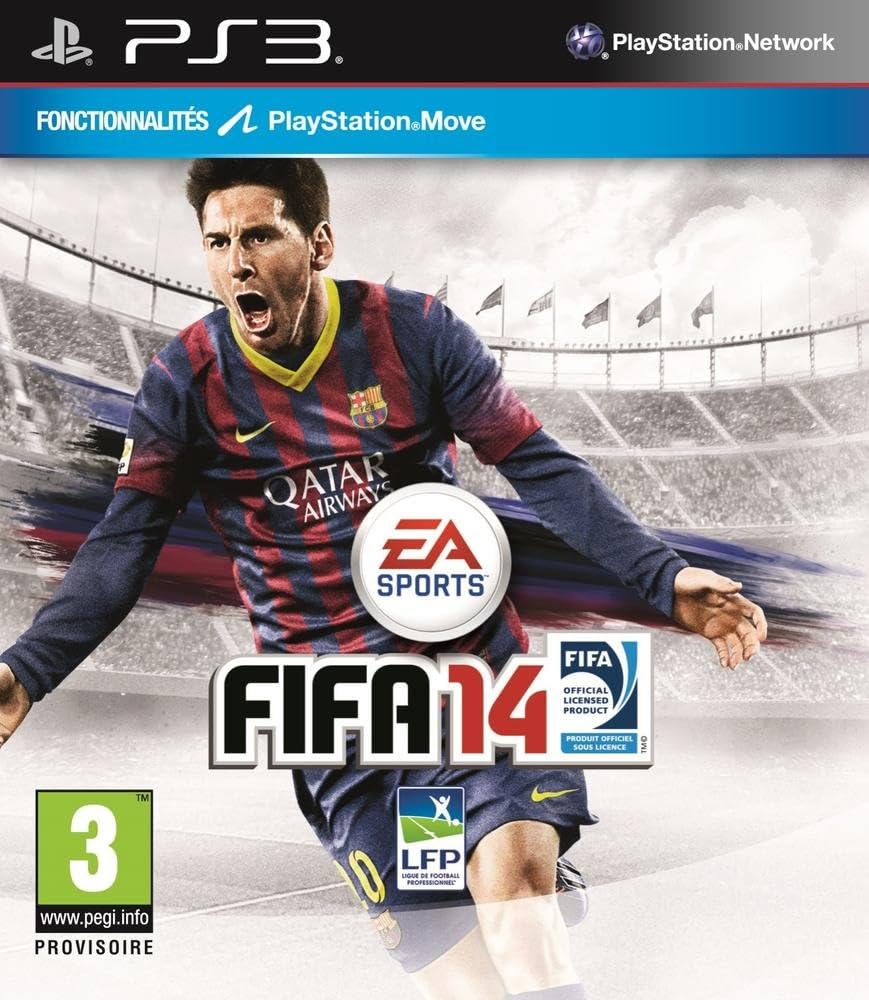

 Mo helped lead Google X—the lab behind their wildest moonshots.
Mo helped lead Google X—the lab behind their wildest moonshots.

 In 2007, Nokia dominated phones.
In 2007, Nokia dominated phones.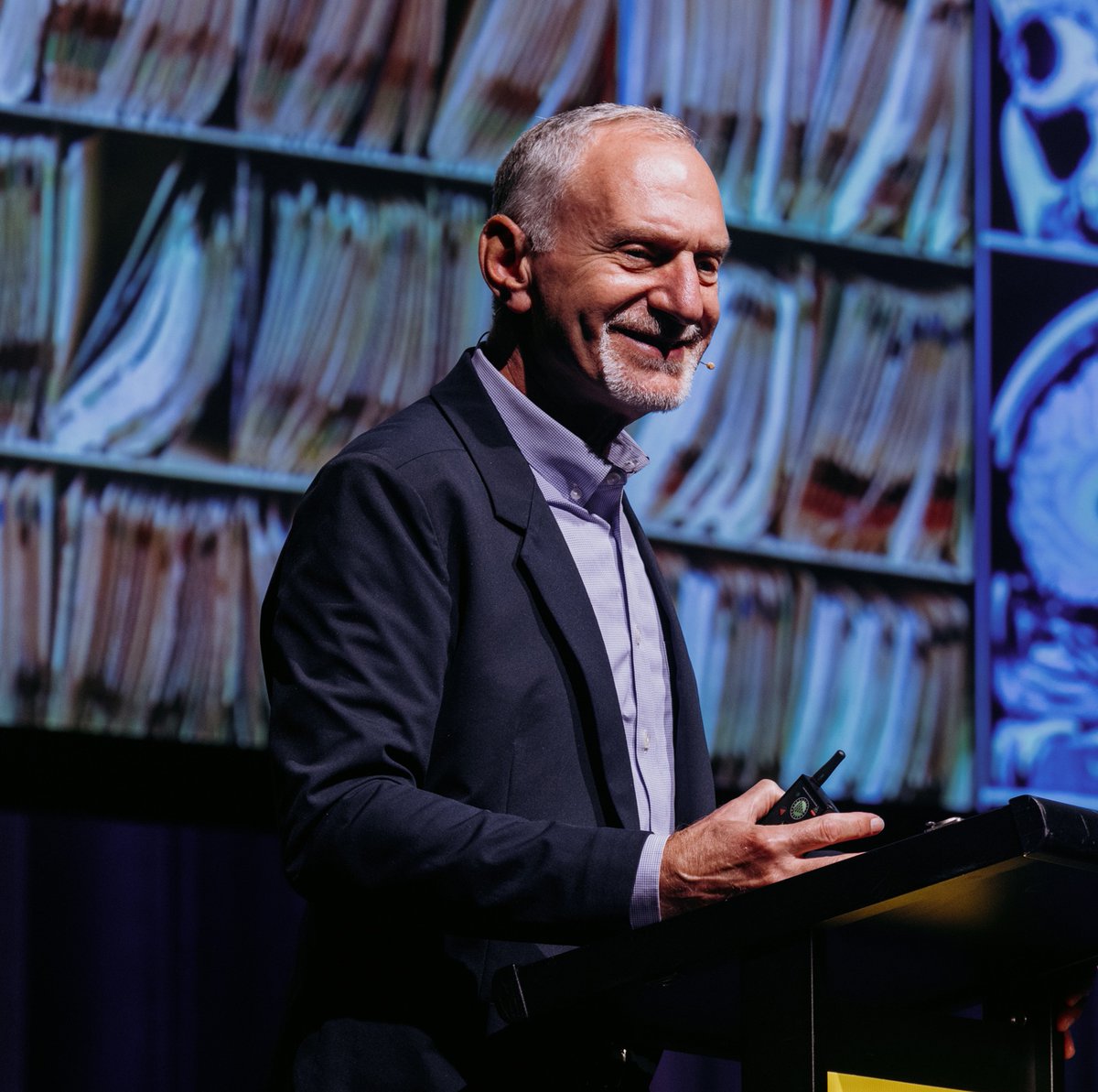

 Meet Dr. Robert Waldinger.
Meet Dr. Robert Waldinger.
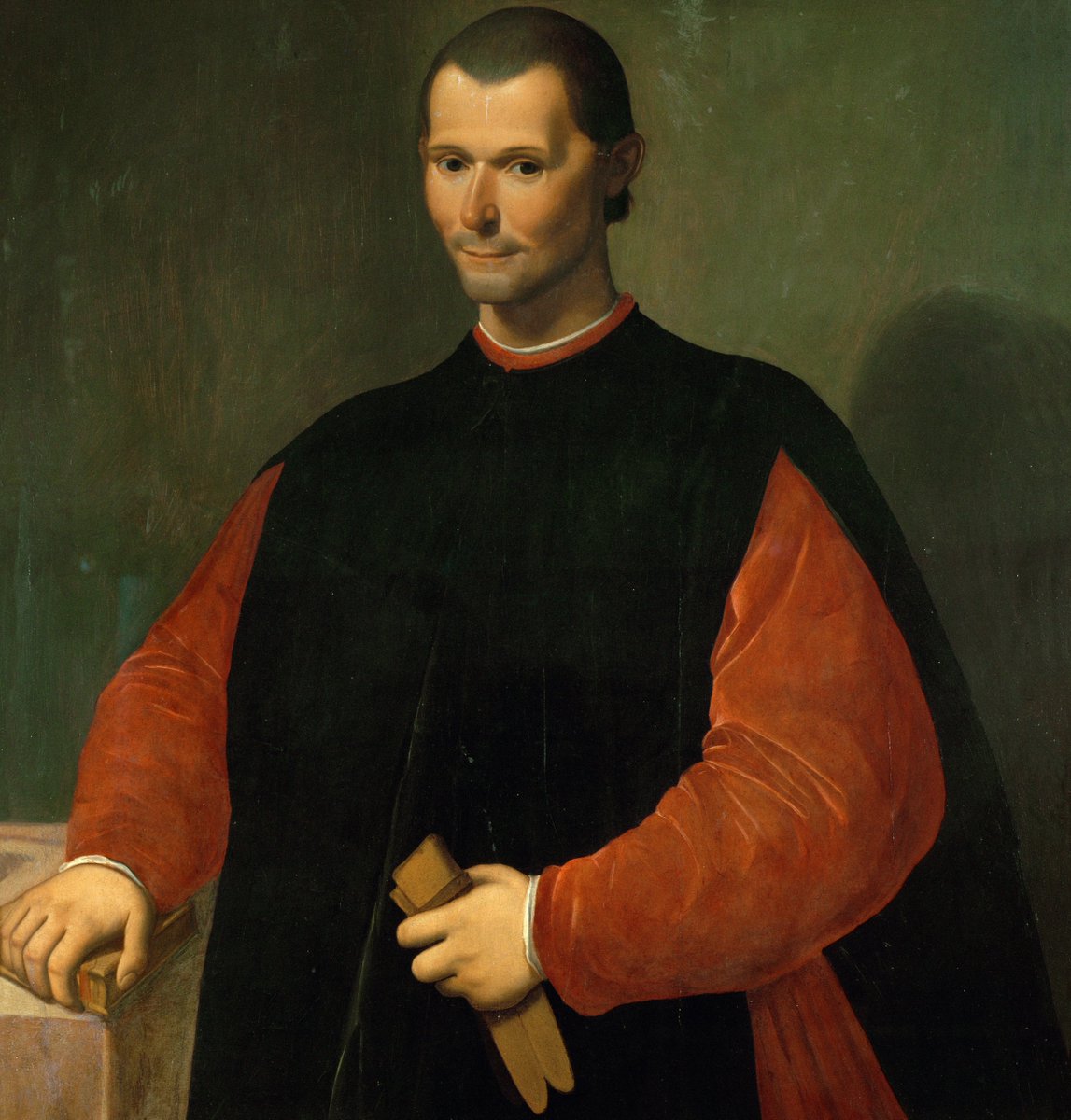

 1/ Never trust hired guns.
1/ Never trust hired guns.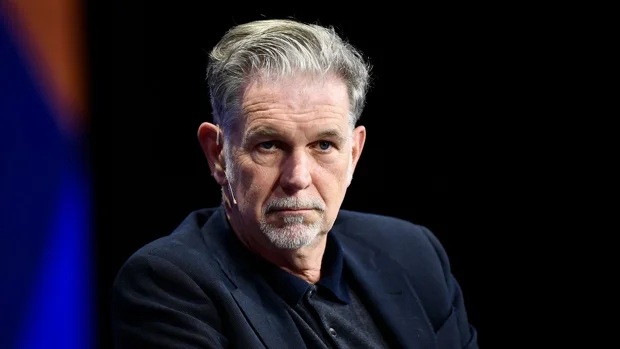

 Netflix launched in 1997 inspired by Amazon’s explosive growth.
Netflix launched in 1997 inspired by Amazon’s explosive growth.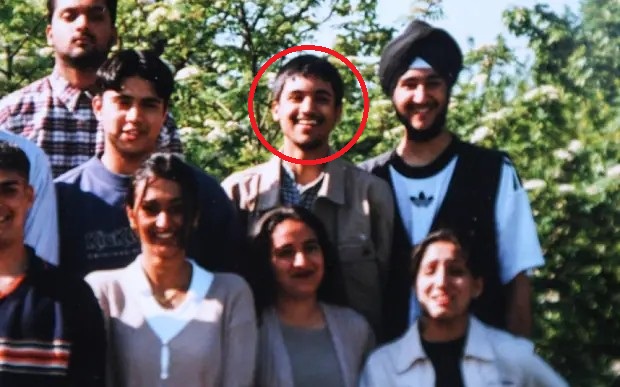

 Navinder Sarao didn't start out rich.
Navinder Sarao didn't start out rich.
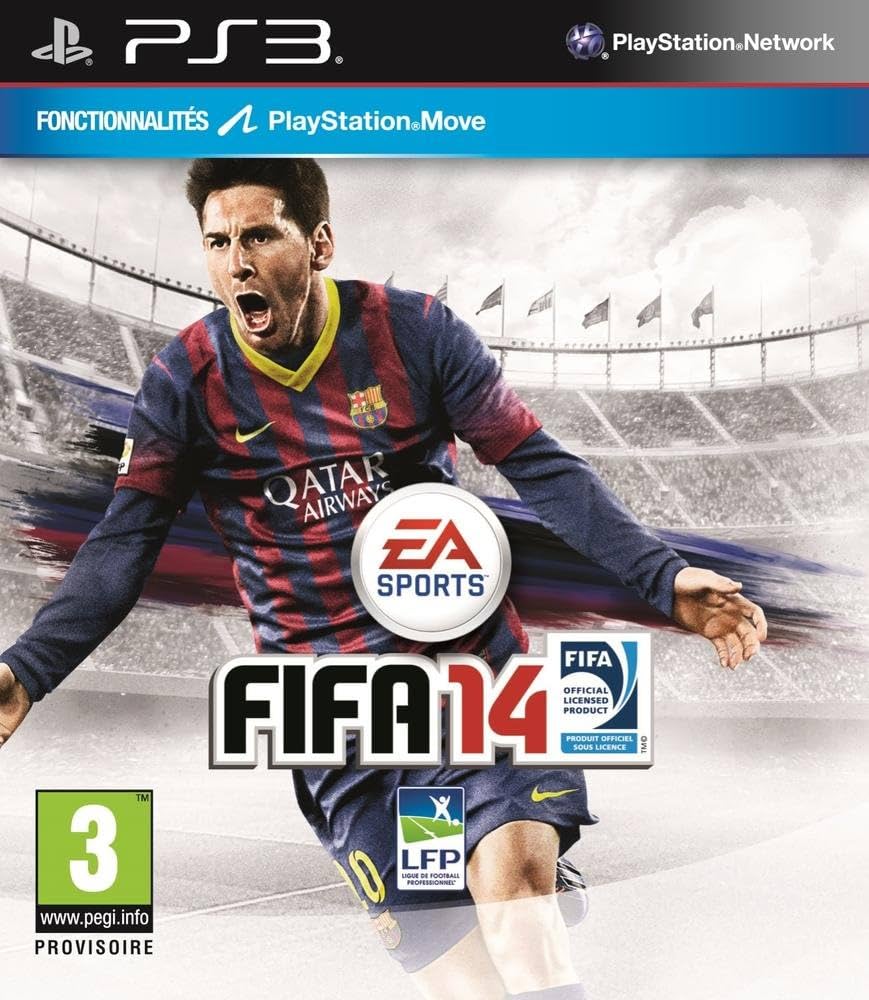
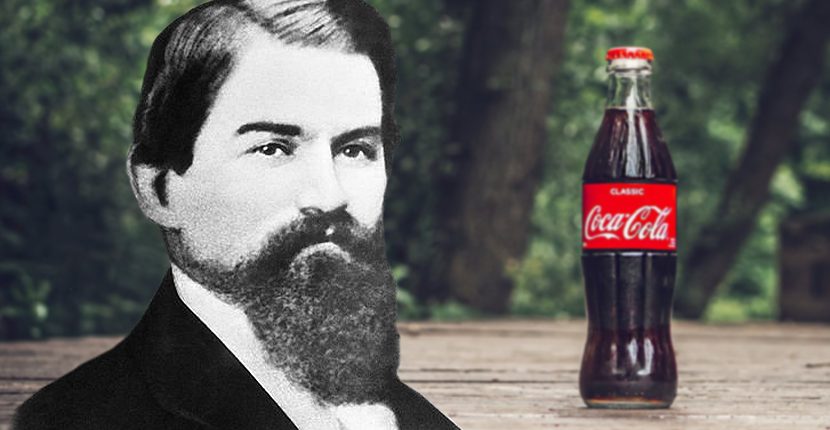
 John Pemberton fought in the Civil War.
John Pemberton fought in the Civil War.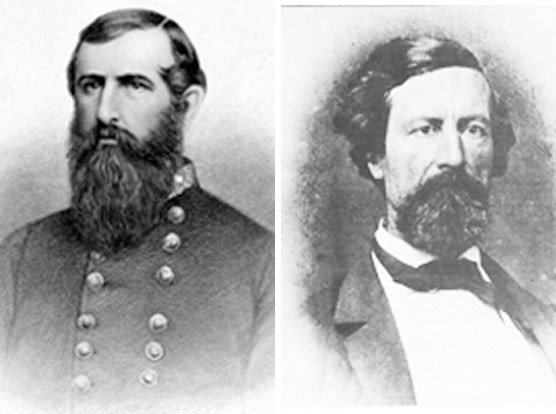
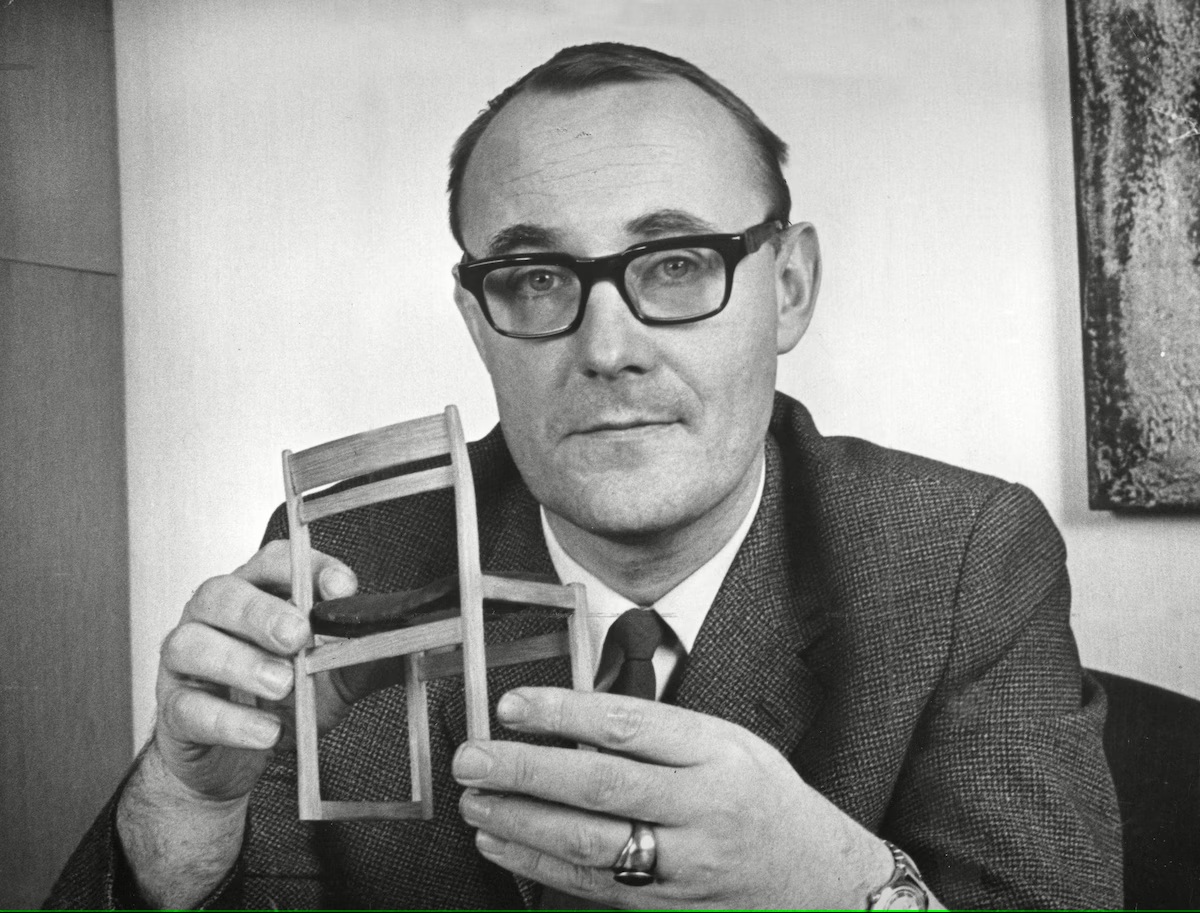

 In 1953, An IKEA employee couldn’t fit a table in his car.
In 1953, An IKEA employee couldn’t fit a table in his car.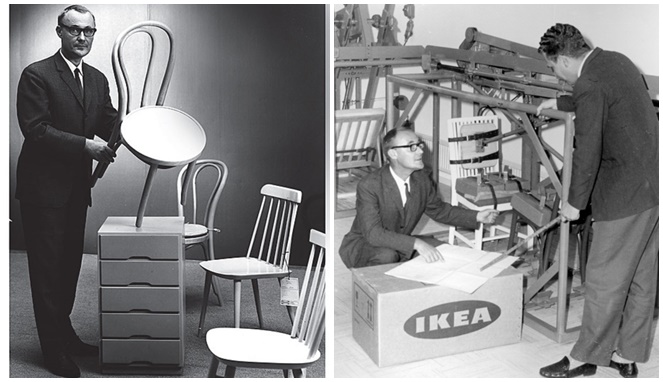
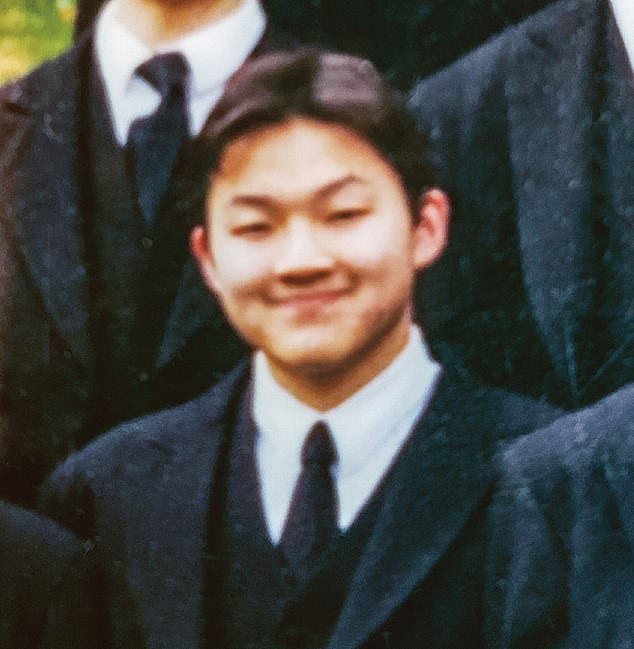

 Jho Low grew up rich in Malaysia.
Jho Low grew up rich in Malaysia.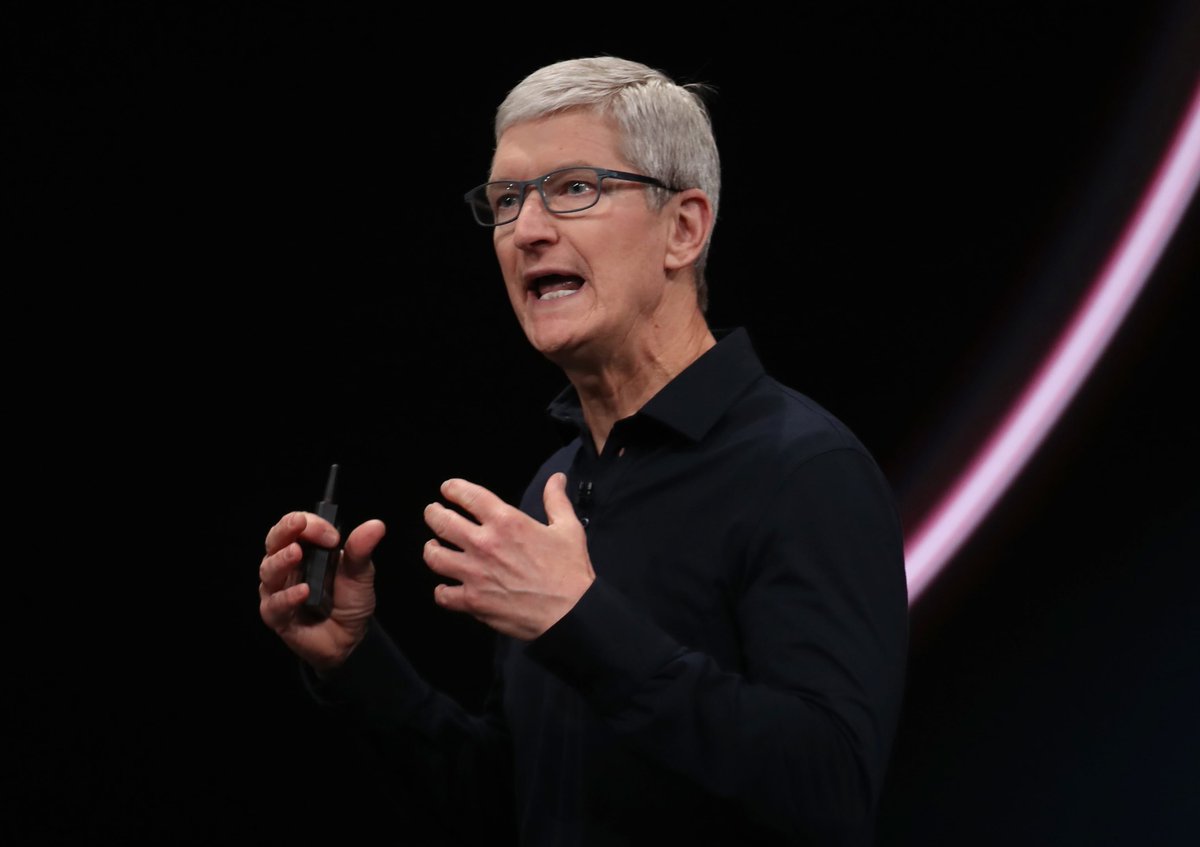

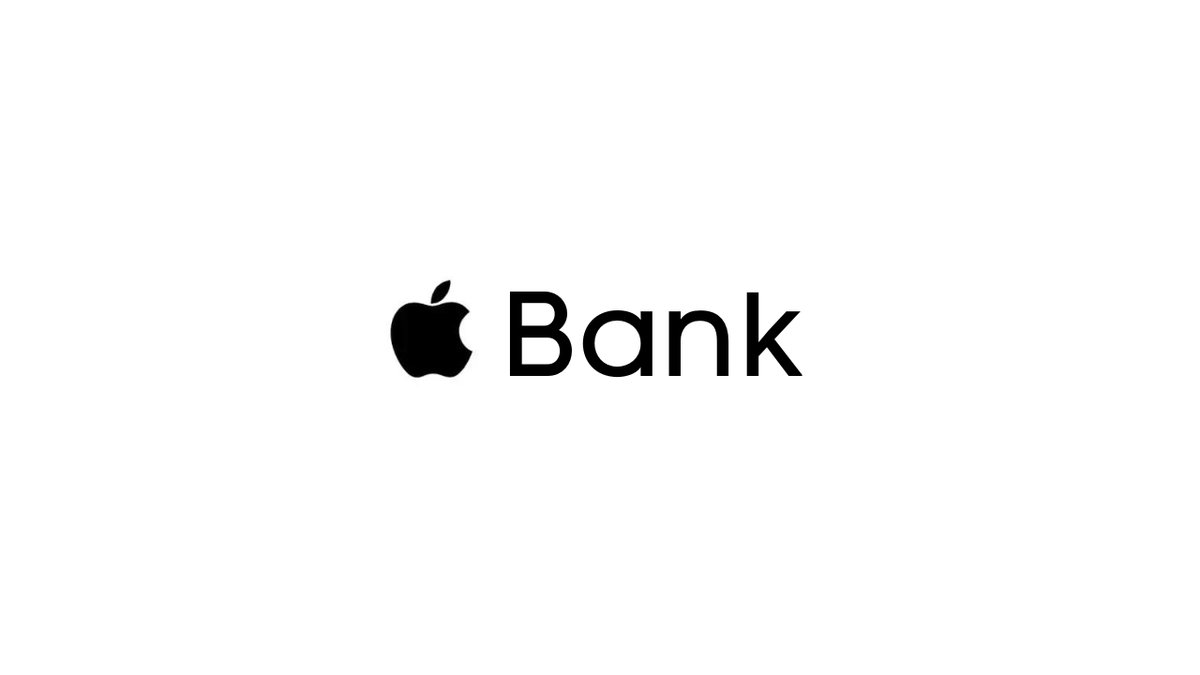 Apple had a huge problem:
Apple had a huge problem:

 In 1274, Ramon Llull built a system to combine concepts mechanically.
In 1274, Ramon Llull built a system to combine concepts mechanically.
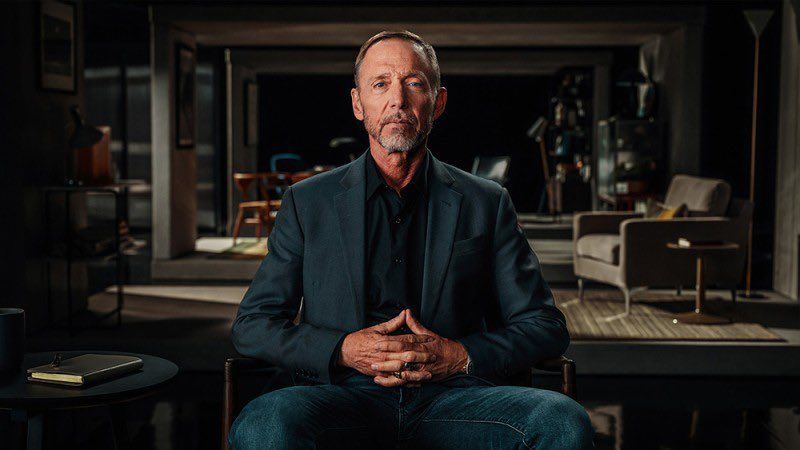
 1/ The "first name" trick:
1/ The "first name" trick:

 In 2003, an engineer and a finance expert built an e-reader startup.
In 2003, an engineer and a finance expert built an e-reader startup.

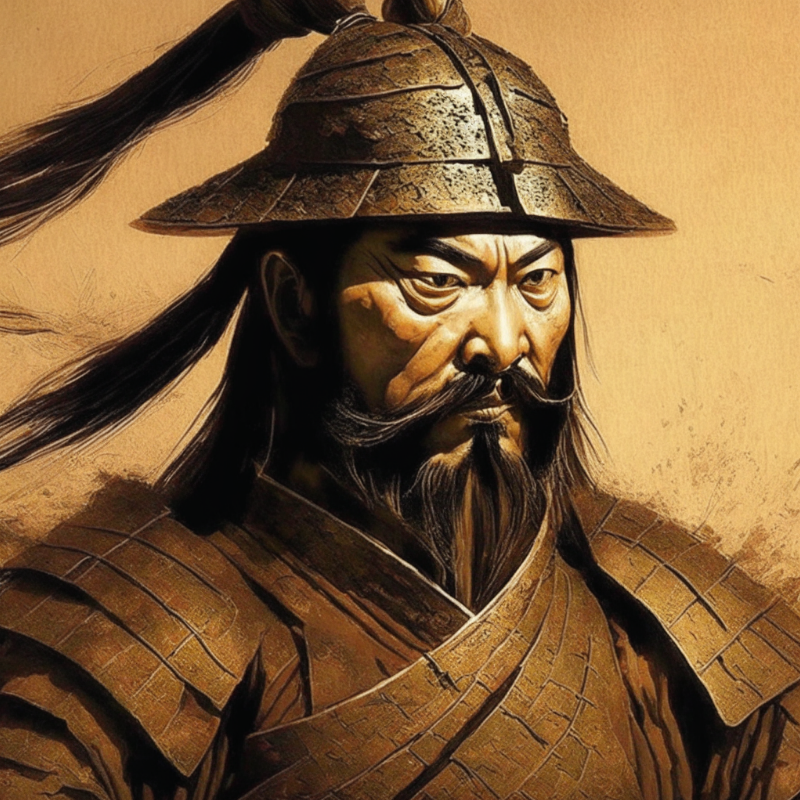

 1/ Pick your battles.
1/ Pick your battles.
 1/ No one is crazy about money:
1/ No one is crazy about money: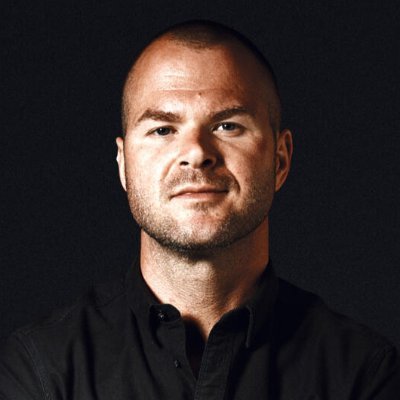
 1. Use Curiosity to Gather Date
1. Use Curiosity to Gather Date